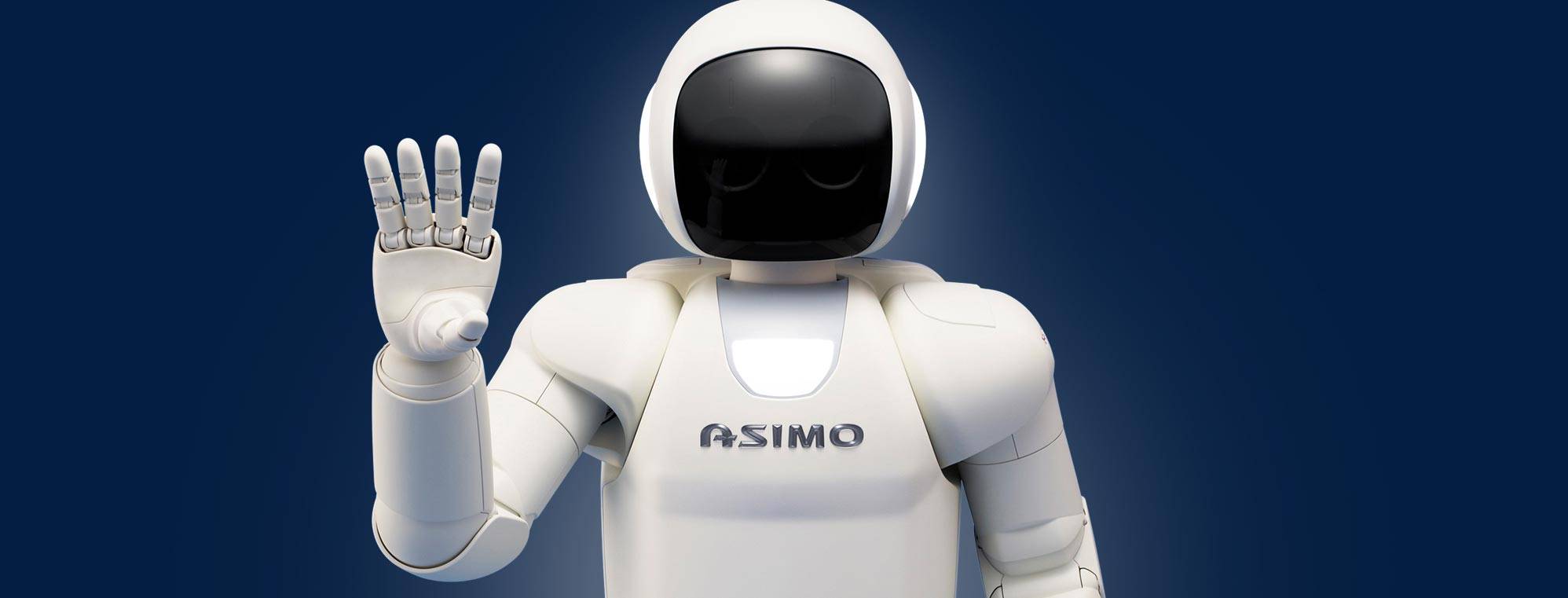Career opportunities in mathematics applied to computer engineering
In a world where technology is advancing by leaps and bounds, Mathematics applied to computer engineering is a vital bridge between theory and practice, making it possible to solve complex problems in various fields. This interdiscipline combines the rigour and precision of mathematics with the innovation and creativity of computer science, offering a range of job opportunities for those who decide to specialise in it. At UDIT, where we teach the Degree in Mathematics applied to software engineering with guaranteed internships in companies, we would like to show you some of the most promising and in-demand professional opportunities in this field.
9 Professional profiles if you study Applied Mathematics
Software Development and Algorithms
One of the most direct applications of mathematics in computer engineering is software development, where mathematical principles are used to create efficient algorithms and innovative software solutions. Professionals with a background in applied mathematics are particularly suited to work on optimising algorithms, which involves finding the fastest and most efficient ways to solve computational problems.
Artificial Intelligence and Machine Learning
The field of artificial intelligence (AI) and machine learning (ML) is perhaps one of the most exciting and fast-growing fields. Applied mathematics plays a crucial role in developing models that can learn from data, recognise patterns and make intelligent decisions. Professionals in this area can work on designing and improving deep learning algorithms, recommender systems, computer vision and much more.
Cybersecurity
Cybersecurity is another field where applied mathematics has a vital application. Cryptography, which is based on complex mathematical principles, is fundamental to protecting information and securing communications. Specialists in applied mathematics can develop new cryptographic algorithms or improve existing ones to combat cyber threats more effectively.
Data Analytics and Big Data
We live in the era of Big Data, where huge volumes of data are constantly being generated. Analysing this data requires solid mathematical knowledge to interpret, process and extract valuable information. Professionals in this field can work in data mining, predictive analytics, statistical modelling and other related areas, helping companies to make data-driven decisions.
Quantitative Finance
Quantitative finance applies advanced mathematics and computational techniques to analyse financial markets, manage risk and develop investment strategies. Professionals with skills in applied mathematics and computer science are highly valued in this sector for roles such as quantitative analysts, risk managers and financial modelling developers.
Simulation and modelling
Modelling and computational simulation are powerful tools in engineering and science, allowing researchers and practitioners to predict the behaviour of complex systems without the need for physical experiments. Applied mathematics is essential to develop the models underlying these simulations, finding applications in aerospace engineering, biotechnology, defence, and more.
Video game development
Video game development is a creative industry where applied mathematics plays an essential role in creating realistic graphics, compelling physics, and innovative game mechanics. Professionals in this field may work on programming game engines, designing artificial intelligence systems for non-playable characters or optimising real-time graphics.
Telecommunications
Telecommunications, ranging from data networks to mobile and satellite communication systems, rely heavily on applied mathematics for their design and optimisation. Specialists in this field may work on developing new communication protocols, improving the efficiency of existing networks or researching emerging technologies such as 5G.
Research and training
Finally, for those passionate about advancing knowledge, research and academia offer the opportunity to explore new horizons in applied mathematics and computer science. This may include theoretical research with long-term applications or the development of new technologies and computational methods. Roles in this field range from researchers and teachers to roles in government or industrial laboratories.
Study Applied Mathematics at UDIT
Applied mathematics in computer engineering opens up a world of possibilities for those interested in combining a love of mathematics with a passion for technology. Careers in this field are not only diverse and exciting, but also crucial to the advancement of society and technology. As the world becomes increasingly dependent on complex computer systems, the demand for professionals trained in these disciplines will only continue to grow. Studying mathematics applied to computer engineering is not only an investment in a promising career, but also in the future of our technological society. At UDIT we have the Degree in Mathematics Applied to Software Engineering, where you will be trained in mathematics from a practical perspective, away from the traditional abstraction and problem solving. Your profile will be unique, as you will be able to access the official certification exams recognised worldwide, such as the Azure AI Fundamentals certification that allows you to achieve the first level in the path generated by Microsoft for artificial intelligence engineers.
Learn more
5 reasons why you should train in Mathematics Applied to Software Engineering.The perfect tandem for your future: mathematics and software engineering. Mathematics applied to software engineering: discover one of the most in-demand profiles in the market.









